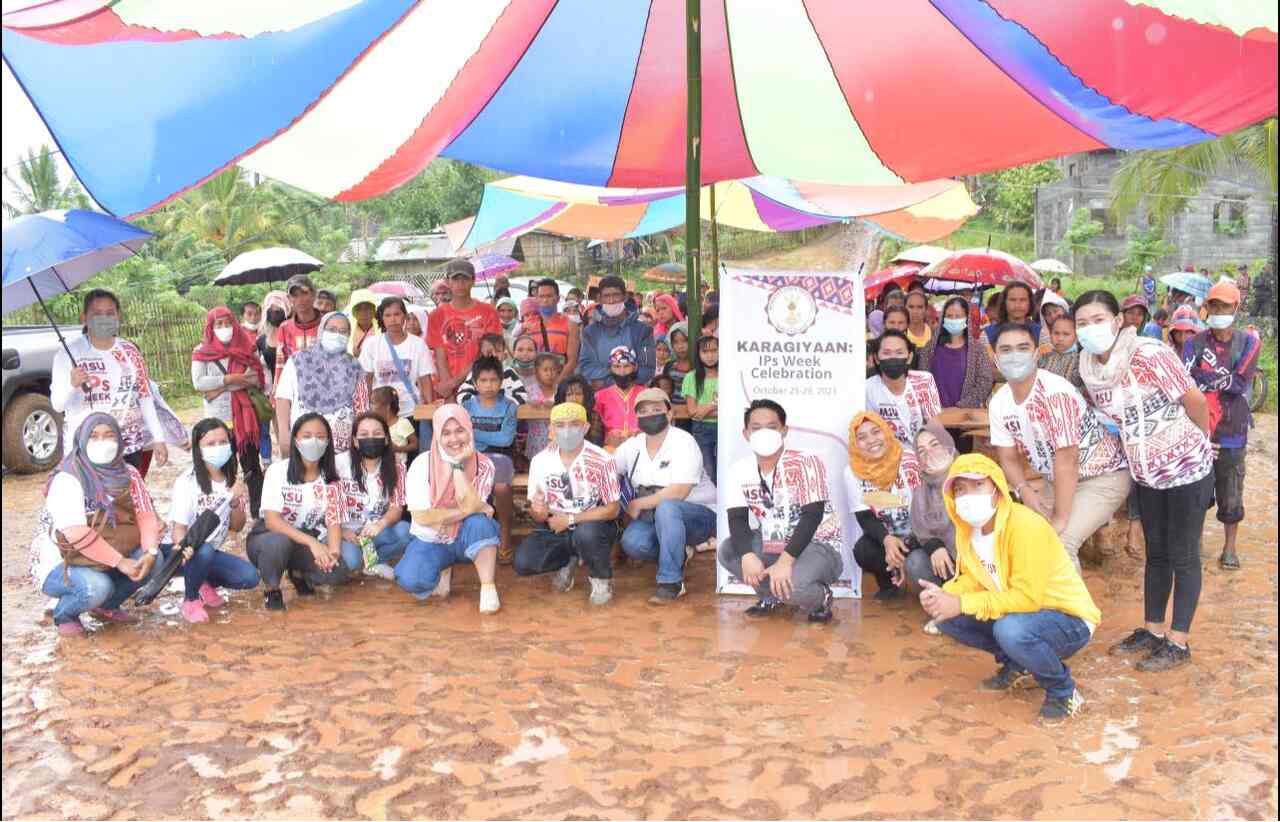The National Commission on Indigenous Peoples (NCIP) is the principal agency in the Philippines responsible for protecting and promoting the rights of Indigenous Cultural Communities/Indigenous Peoples (ICCs/IPs) and their ancestral domains, as mandated by the Indigenous Peoples Rights Act of 1997. Comprising seven commissioners, the NCIP focuses on key issues such as ancestral domain recognition, compliance with Free, Prior, and Informed Consent (FPIC), and the preservation of indigenous cultures.
Historically rooted in the early 20th century, the NCIP evolved from various governmental bodies to its current form, reflecting a commitment to address the unique challenges faced by indigenous communities. The agency’s mission encompasses advocacy for social justice, human rights, and cultural integrity, while its programs aim to enhance the socio-economic conditions of ICCs/IPs through education, health services, and legal support.
What is NCIP?
The National Commission on Indigenous Peoples (NCIP) is the primary agency in the Philippines tasked with safeguarding the rights and well-being of indigenous peoples and their ancestral domains, as outlined in the Indigenous Peoples Rights Act of 1997 (RA 8371). Comprising seven commissioners, the NCIP operates under the Department of Social Welfare and Development.
Key concerns for the commission include the formal recognition and management of ancestral domains, compliance with Free, Prior, and Informed Consent (FPIC), and addressing cultural preservation issues among indigenous groups. Historical events, such as the controversial Chico River dam project in 2019, have raised significant concerns regarding the NCIP’s effectiveness and commitment to indigenous rights, as it faced accusations of prioritizing corporate interests over community welfare.
The agency’s challenges reflect broader issues of governance, discrimination, and the impact of government services on indigenous populations.
History
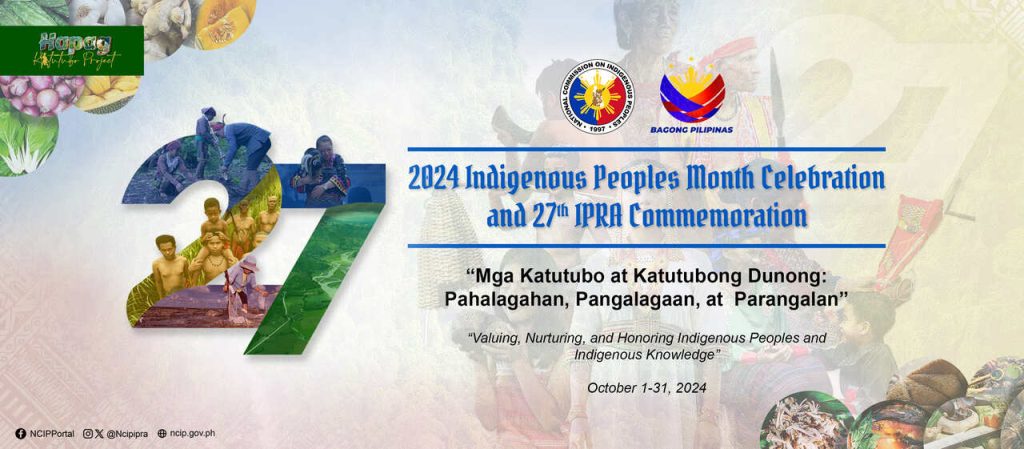
The NCIP began as the Bureau of Non-Christian Tribes during the American colonial period. It evolved into the Commission on National Integration, which was later divided under President Marcos into the Southern Philippine Development Authority (SPDA) and the Presidential Assistance on National Minorities (PANAMIN). In 1997, President Ramos merged the Office for Northern and Southern Cultural Communities into the NCIP through the Indigenous Peoples’ Rights Act (RA 8371). The NCIP now serves as the primary agency overseeing indigenous peoples’ rights and welfare in the Philippines.
Logo
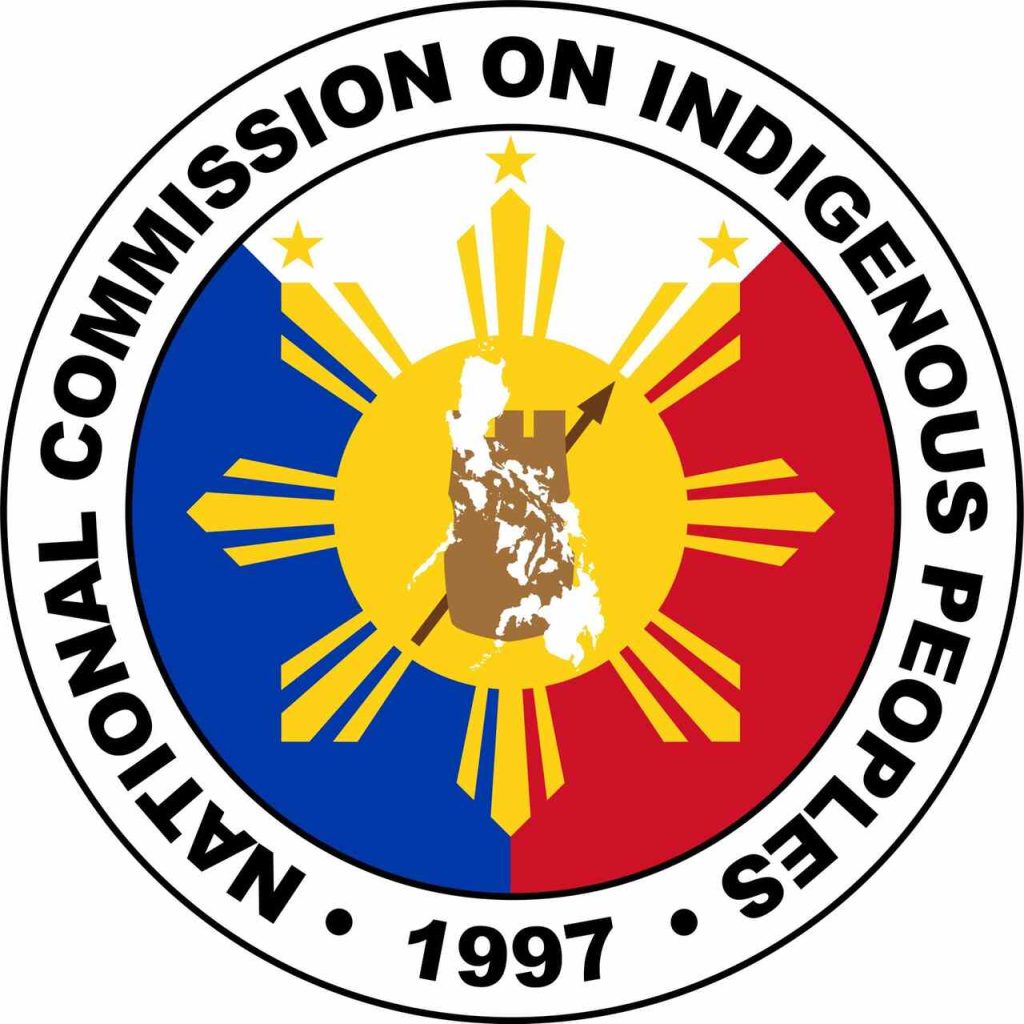
The logo of the NCIP symbolizes the agency’s dedication to protecting and promoting the rights of ICCs and IPs in the Philippines. It features the following elements as well:
- The Sun and Rays: Symbolizing freedom, the sun with its rays represents the enlightenment and progress that NCIP aims to bring to ICCs/IPs. It also reflects the central role of indigenous communities in the nation.
- The Three Stars: Represent the three major island groups in the Philippines—Luzon, Visayas, and Mindanao. This signifies the NCIP’s nationwide scope in addressing the needs of ICCs/IPs.
- Map of the Philippines: The inclusion of the Philippine map represents the unity of indigenous peoples across the country and the NCIP’s responsibility to support all communities.
- The Fortress and Spear: These symbols represent the resilience, protection, and cultural heritage of the indigenous groups. The fortress signifies defense of ancestral domains, while the spear is a traditional weapon symbolizing strength and the spirit of indigenous peoples.
Each element of the logo reflects NCIP’s mission to uphold the rights and cultural integrity of the indigenous communities throughout the Philippines.
Mission
The NCIP operates with the following mission:
“An enabling partner and lead advocate that formulates and implements policies, plans, and programs for the well-being of IPs with due regard to their ancestral domains and lands, self-governance and empowerment, social justice and human rights, and cultural integrity.”
Vision
The NCIP hopes to embody this vision as an agency:
“An esteemed Commission committed to the delivery of quality services to ICCs/IPs with their rights fully respected, recognized, promoted, and protected.”
Quality Policy
The NCIP is dedicated to providing quality services to ICCs and Indigenous Peoples .
- Respect, recognize, promote, and protect the rights of ICCs/IPs.
- Formulate and implement policies, plans, and programs for the well-being of IPs.
- Serve as the primary government agency for ICCs/IPs to seek assistance.
- Conduct workshops for employees on ISO 9001 standards, SMART Goal Setting, Risk Management, and Root Cause Analysis.
Mandate
By law, the NCIP is tasked with safeguarding the rights and welfare of ICCs/IPs. This includes ensuring respect for their unique customs, beliefs, and traditions. Some other NCIP mandates include:
- Protecting and promoting the rights of Indigenous Cultural Communities/Indigenous Peoples.
- Ensuring respect for their customs, traditions, and institutions.
- Upholding and advocating for the welfare of ICCs/IPs.
- Assisting in the preservation and development of indigenous practices.
Powers and Functions
The NCIP holds several key powers and functions to support ICCs and IPs. This helps them carry out their responsibilities to ensure the protection of social, cultural, and economic development of ICCs and IPs while protecting their rights at the same time.
- Act as the primary government agency for ICCs/IPs to seek assistance and extend support.
- Review and propose laws and policies related to the development and welfare of ICCs/IPs.
- Develop and implement programs for their economic, social, and cultural advancement.
- Engage experts and consultants to support their objectives.
- Issue certificates of ancestral land or domain titles.
- Enter into contracts and agreements with government or private entities to fund programs.
Organizational Structure
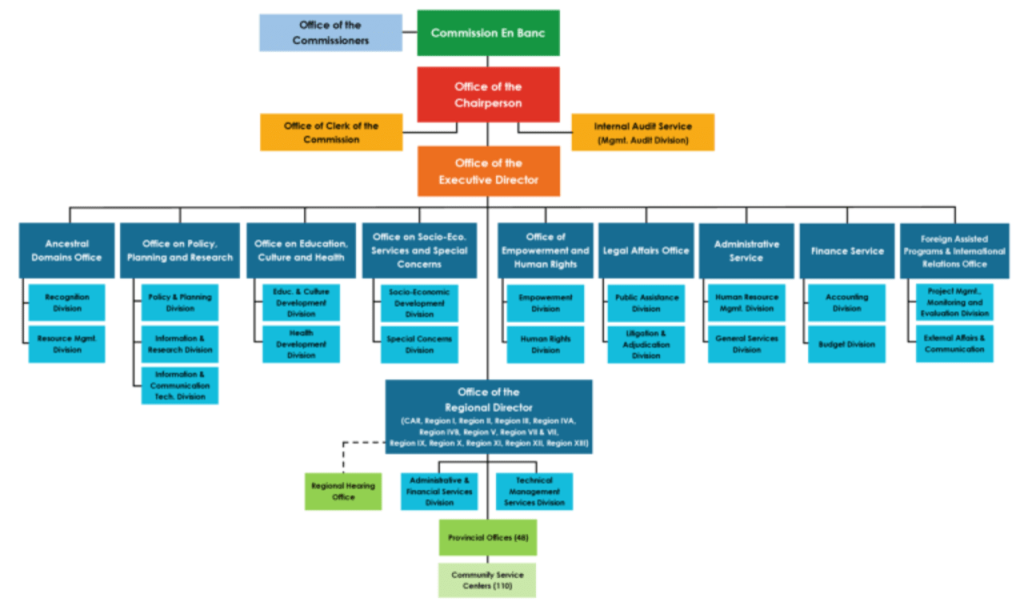
The NCIP operates as an independent agency under the Office of the President, with a seven-member Commission led by a Chairperson. These Commissioners, representing various ethnographic regions of the Philippines, are appointed by the President from recommendations provided by ICCs/IPs. The organizational structure is divided into several offices, including the Office of the Chairperson, the Office of the Executive Director, and supporting divisions like Legal Affairs, Education, Culture and Health, Finance, and Ancestral Domains. Each office is responsible for specific functions, such as policy development, ancestral land recognition, and human rights advocacy. Additionally, the structure includes regional and provincial offices that extend services across the country to directly serve indigenous communities.
Benefit
The NCIP plays an essential role in supporting ICCs and IPs in the Philippines.
- Recognition of Ancestral Domains: Helps issue land titles (CADTs and CALTs) to secure indigenous land rights.
- Legal Support: Provides legal help to defend and protect indigenous rights.
- Cultural Preservation: Promotes and safeguards indigenous cultures and traditions.
- Socio-Economic Development: Implements programs to improve education, healthcare, and livelihoods for ICCs/IPs.
- Policy Advocacy: Pushes for policies that uphold the rights of ICCs/IPs in the legislative system.
- Capacity Building: Offers training to strengthen governance and self-determination in indigenous communities.
- Monitoring: Ensures compliance with laws protecting indigenous rights and holds agencies accountable.
Coverage
The NCIP serves ICCs and IPs throughout the Philippines, ensuring their rights are protected and their welfare is promoted. The commission provides support to a wide range of indigenous groups, addressing their cultural, social, and economic needs.
- Indigenous Peoples (IPs): Various ethnic groups recognized by the government, whose distinct cultural practices and ancestral lands are protected.
- Indigenous Cultural Communities (ICCs): Communities that maintain indigenous traditions and practices, often located in remote areas, relying on NCIP to uphold their rights and support their development.
- Ancestral Domain Holders: Indigenous individuals and groups who hold ancestral domain titles (CADTs/CALTs) and benefit from land security and legal protection.
- Indigenous Leaders and Elders: Leaders who are empowered through NCIP programs to protect their communities and preserve their heritage.
- Youth and Women in Indigenous Communities: Targeted for education, healthcare, and livelihood programs, improving their socio-economic standing within indigenous societies.
Programs and Services
Here’s a complete list of NCIP programs and the services offered under each one:
1. Ancestral Domain/Land Recognition
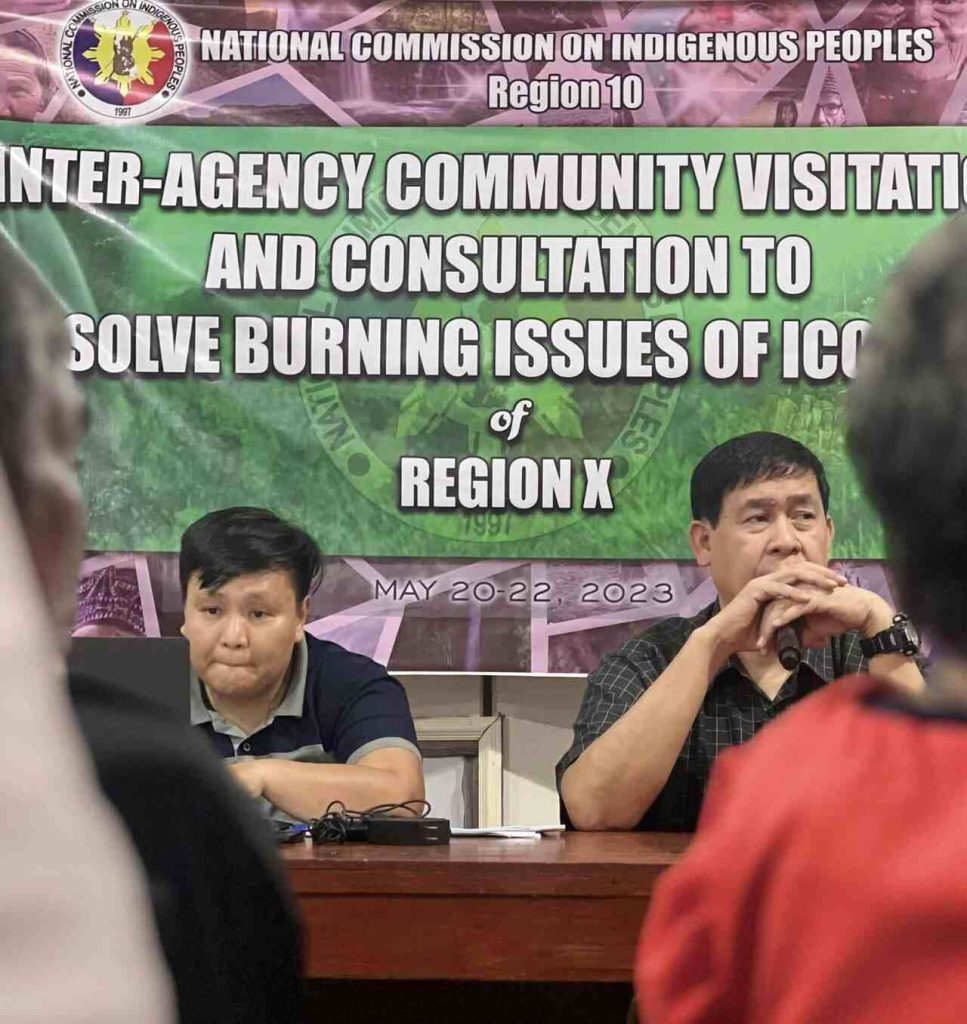
This program ensures the recognition of Indigenous Cultural Communities/Indigenous Peoples’ (ICCs/IPs) ownership of their ancestral domains and lands through the issuance of Certificate of Ancestral Domain Titles (CADTs) and Certificate of Ancestral Land Titles (CALTs). These certificates confirm their rights of possession and ownership as recognized by law.
Services offered:
- Issuance of CADTs
- Issuance of CALTs
2. Assistance to Ancestral Domain Sustainable Development and Protection Plan (ADSDPP) Formulation
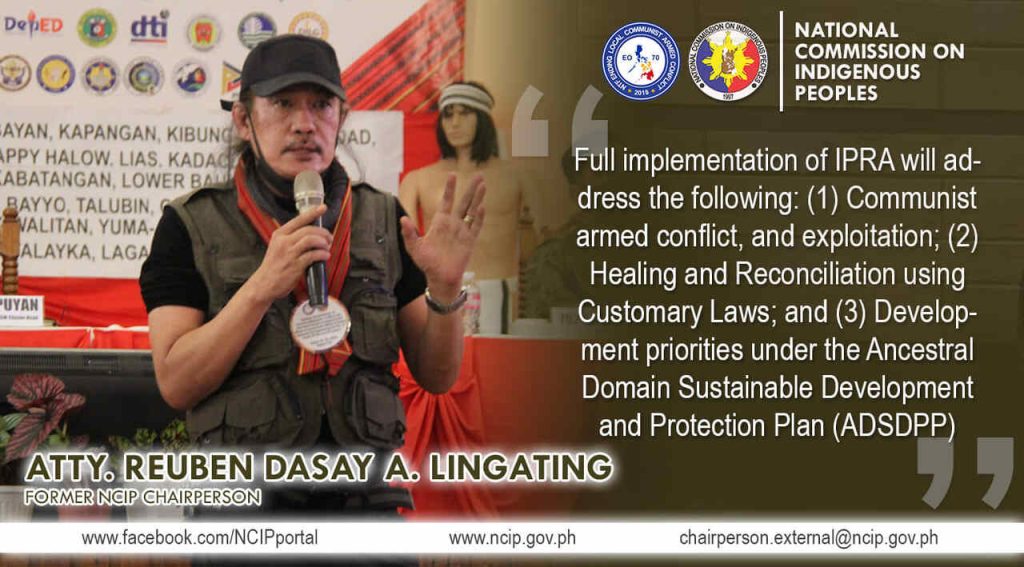
This program provides technical and financial assistance to ICCs/IPs for creating a holistic and sustainable plan for the development and protection of their ancestral domains. The plan addresses self-governance, development programs, and community policies to ensure sustainable management of their resources.
Services offered:
- Technical and financial assistance
- Development program support
- Community policy formulation
3. Culturally Appropriate Responsive and Gender-Sensitive Socio-Economic and Ecology Development Protection Services
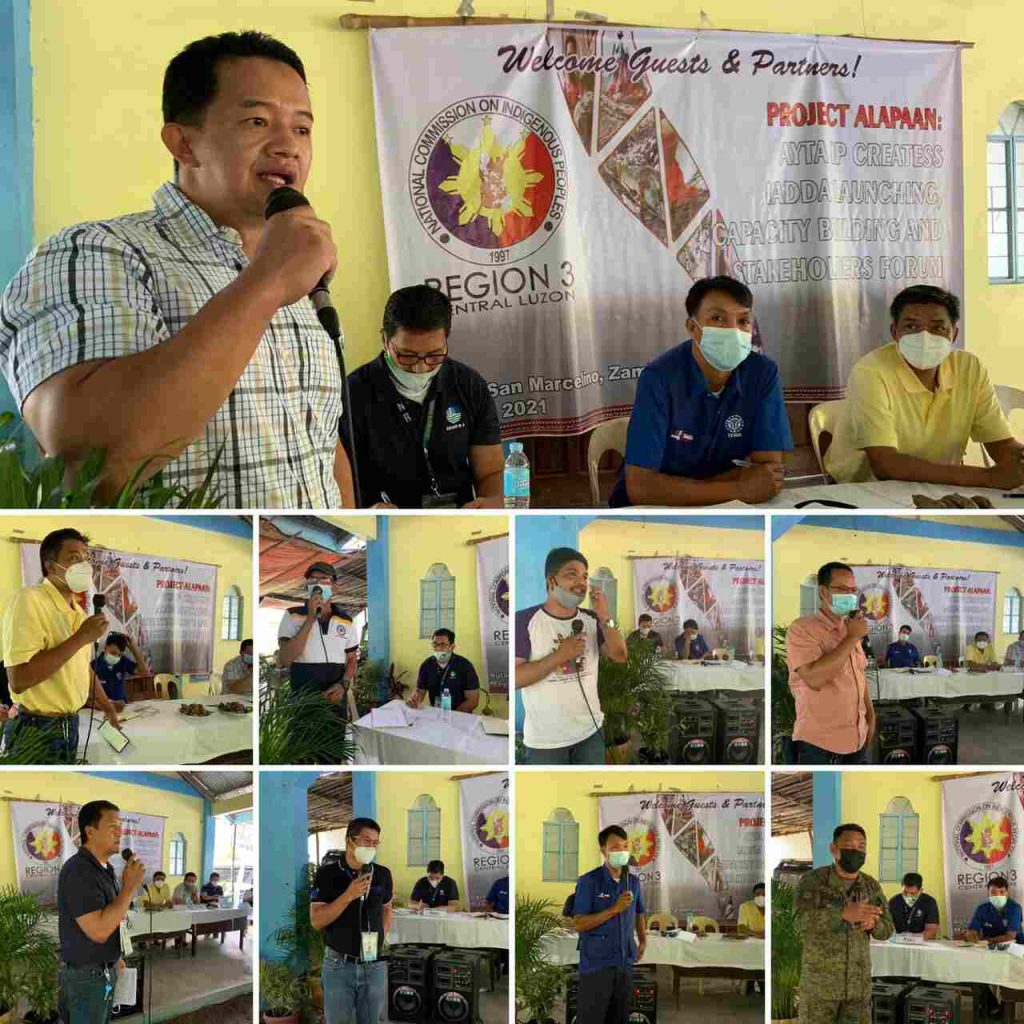
This program aims to extend support to ICCs/IPs through coordination with relevant government agencies, ensuring socio-economic services reach indigenous communities. It also ensures that assistance provided is culturally appropriate and gender-sensitive.
Services offered:
- Socio-economic assistance
- Policy support
- Collaboration with government agencies
4. IP Education and Advocacy Services

This program provides educational assistance and scholarships to qualified ICCs/IPs students, promoting their access to education and holistic development. It also includes advocacy efforts to support indigenous education and community development.
Services offered:
- Educational assistance program
- Merit-based scholarship program
- Support and advocacy projects
5. IP Culture Services
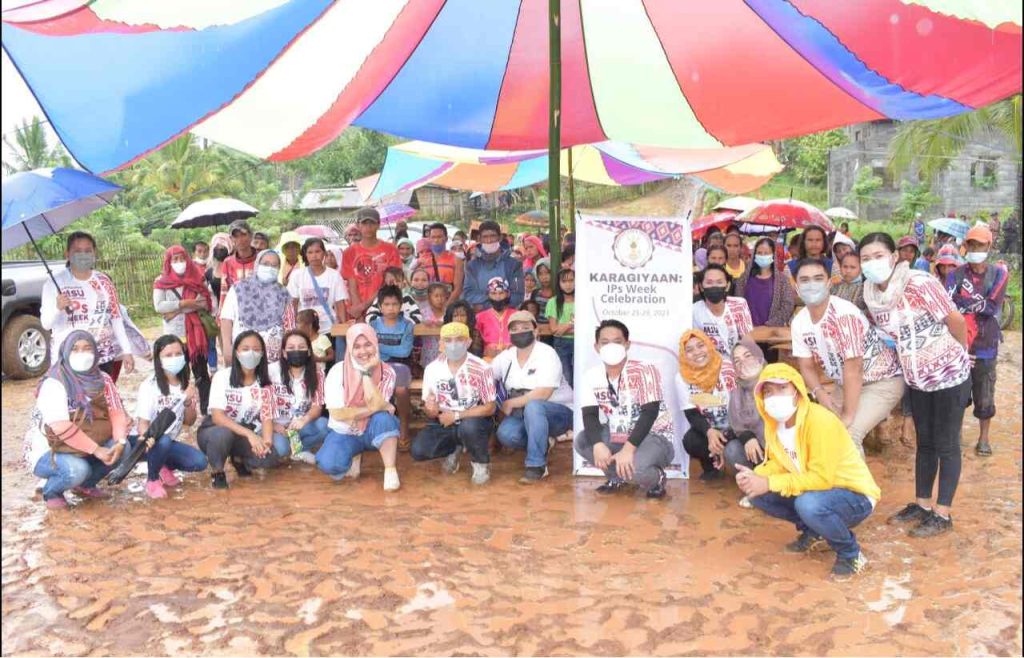
This program assists ICCs/IPs in preserving their cultural heritage by supporting the practice of their traditions, rituals, and ceremonies. It promotes public awareness of indigenous culture while preventing the commercialization and stereotyping of their customs.
Services offered:
- Support for cultural practices
- Promotion of public awareness
- Cultural preservation efforts
6. IP Health Services
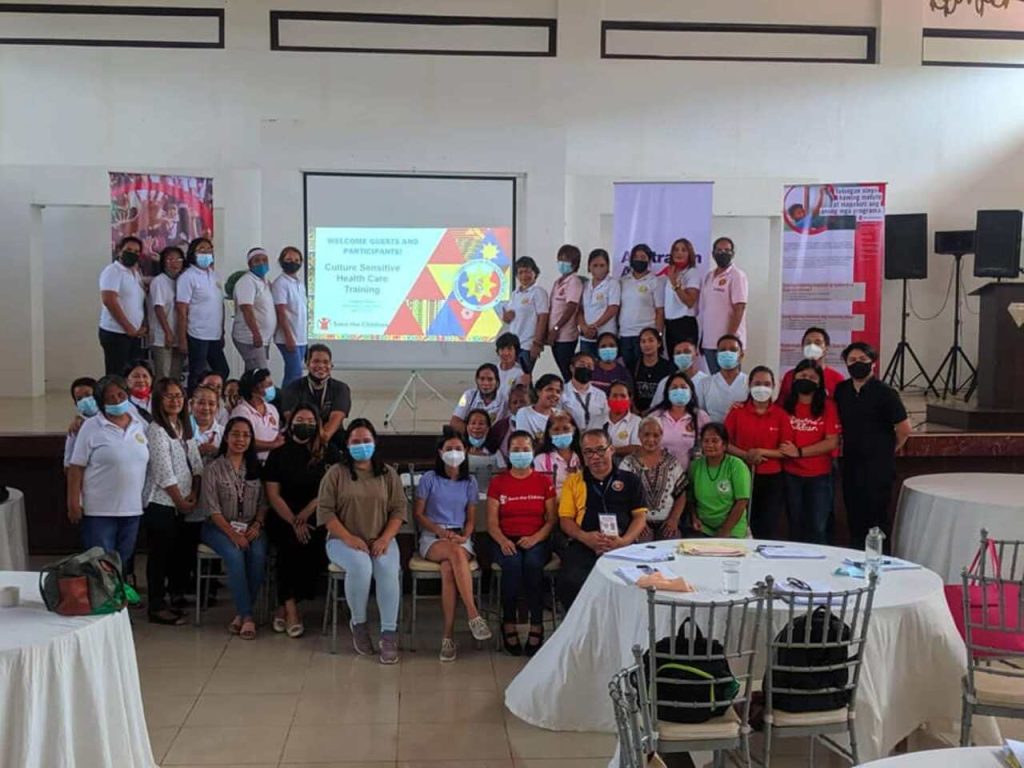
This program ensures ICCs/IPs access to healthcare services, in alignment with the Universal Health Care (UHC) initiative. It also supports the use and preservation of traditional health practices and medicinal resources.
Services offered:
- Access to healthcare services
- Support for traditional health practices
- Health-related advocacy
7. Gender and Rights-Based Services
This program focuses on protecting ICCs/IPs’ rights to self-governance and self-determination, ensuring their socio-political structures are respected and strengthened. It also establishes mechanisms to interface indigenous governance systems with national structures.
Services offered:
- Protection of indigenous governance systems
- Strengthening of socio-political structures
- Institutionalization of IP representation
8. IP Rights Advocacy and Monitoring of Treaty Obligations
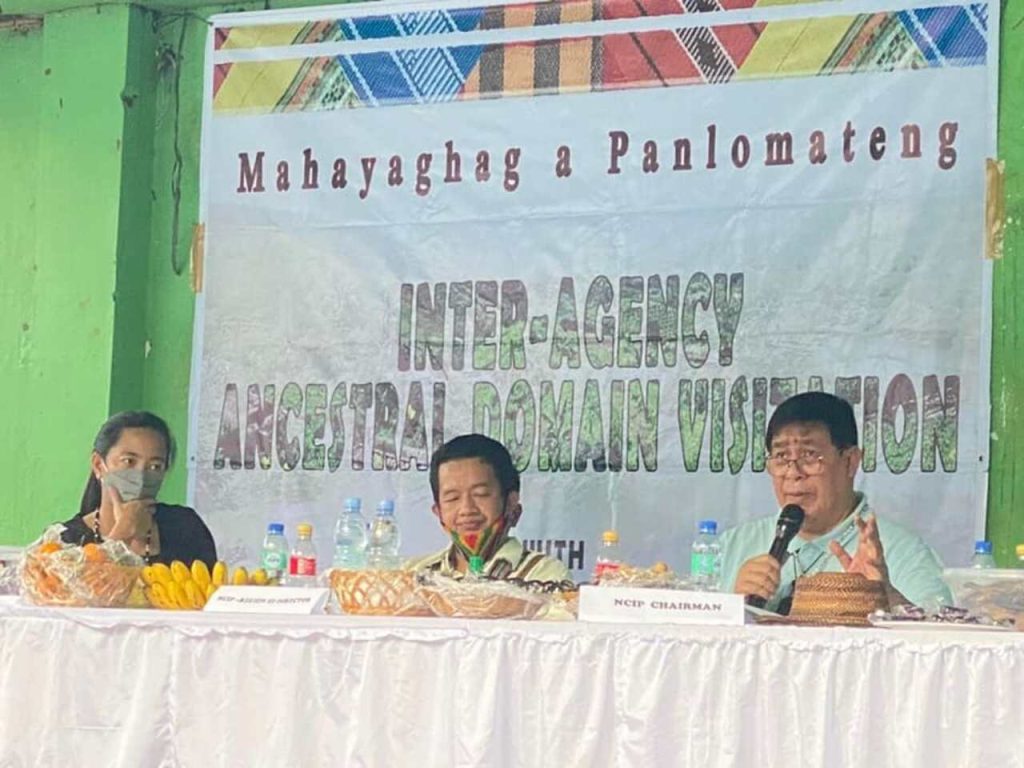
This program promotes and protects the human rights of ICCs/IPs, ensuring their ancestral domains are recognized as territories of peace and development. It also monitors treaty obligations and advocates for the implementation of IPRA and international legal frameworks.
Services offered:
- Human rights advocacy
- Monitoring of treaty obligations
- Promotion of IPRA
9. Legal Services
This program provides legal assistance to ICCs/IPs, ensuring their rights are protected under the law. It also offers paralegal training and documentation of customary laws to further support indigenous legal rights.
Services offered:
- Legal representation and assistance
- Paralegal training
- Documentation of customary laws
10. Adjudication Services
Through its quasi-judicial powers, the NCIP resolves disputes and claims involving ICCs/IPs, ensuring the fair application of laws and policies that protect indigenous rights. It acts through its Regional Hearing Offices and the Commission En Banc.
Services offered:
- Dispute resolution
- Case adjudication
- Quasi-judicial proceedings
11. e-Services
The NCIP e-Services is an online platform designed to provide the public with easy access to the NCIP’s frontline services, streamlining application processes and reducing approval times. This digital system allows for faster and more efficient transactions between the NCIP and the public.
Services offered:
- Certificate of Confirmation (COC) Authenticator
- Online applications for NCIP services
- Processing and approval of NCIP transactions
Video: Researching on Indigenous Communities
This video from UP Baguio Systems and Network Office explores how faculty and students in state universities and colleges can effectively prepare for the free, prior, and informed consent (FPIC) process required by the NCIP when researching indigenous communities. Watch as experts from NCIP-CAR and the academe will discuss the FPIC guidelines under the Indigenous Peoples Rights Act (IPRA).
Summary
The NCIP serves as the primary agency in the Philippines dedicated to safeguarding the rights and welfare of ICCs and IPs and their ancestral domains, as established by the Indigenous Peoples Rights Act of 1997. Through various programs and services, the NCIP aims to promote cultural preservation, legal support, and socio-economic development for indigenous communities across the nation.
Contact Information
To learn more about how the NCIP is making a difference in the lives of indigenous peoples and to explore available services, visit their official website or reach out directly for assistance.
National Commission on Indigenous People (NCIP)
Main Office Address: 6th and 7th Floors, Sunnymede IT Center, 1614 Quezon Avenue, South Triangle, Quezon City
Contact Number: (02) 572-1200 or (02) 8575 – 1200
Email Address: chairperson@ncip.gov.ph
Official Website: https://ncip.gov.ph/
Official Social Media Pages
Facebook: https://www.facebook.com/NCIPportal
